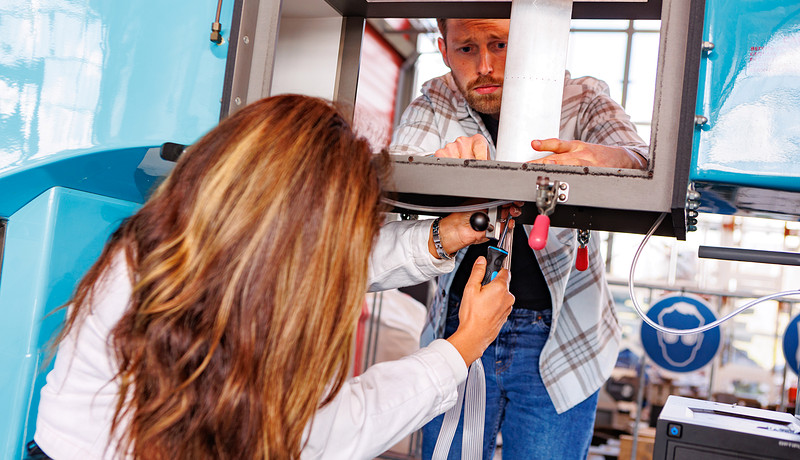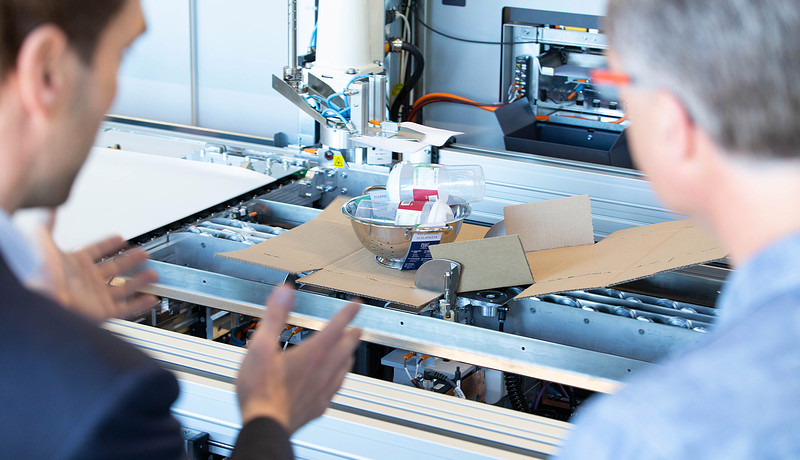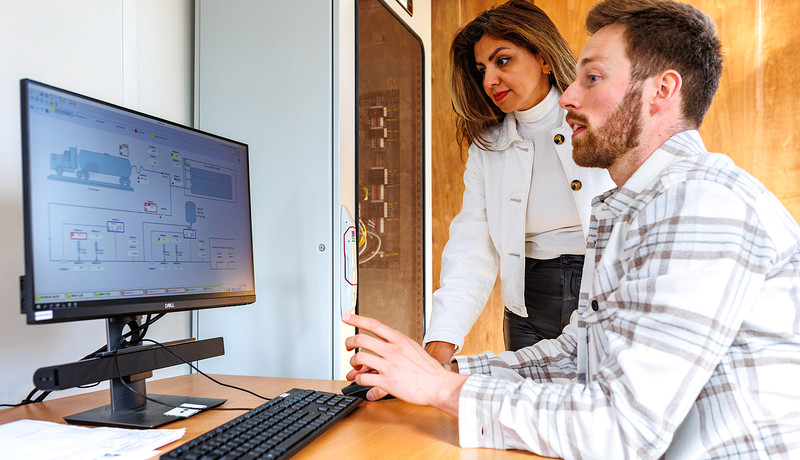The Future IS Internet of Things
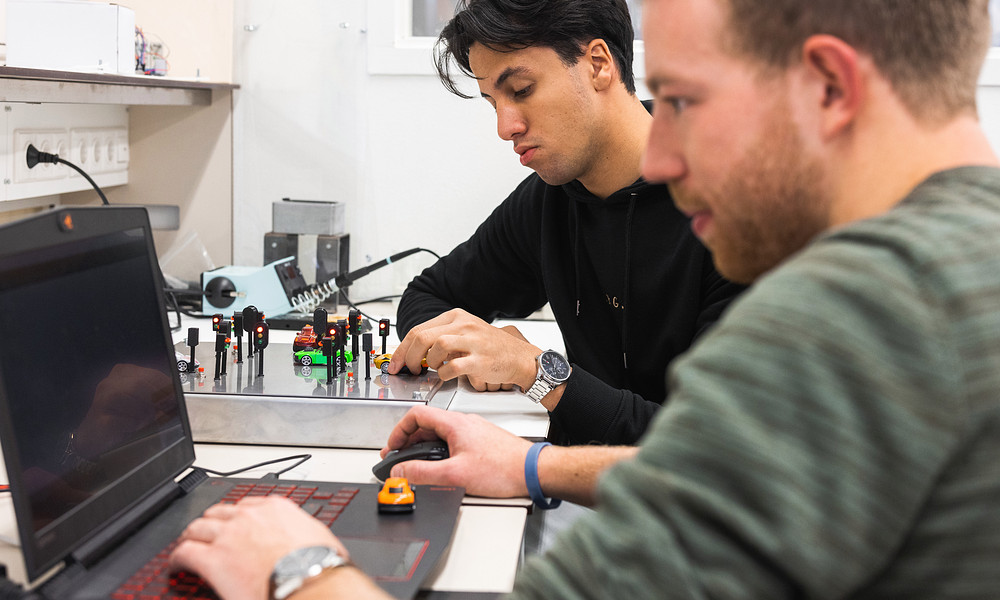
Internet of Things
- Level
- Language
- English
- Credits
- 30 ECTS
- Startmonths
- Start: September
- Locations
- Groningen
The future of IoT? The future is IoT! A world in which all our devices are connected to each other and interact and exchange data over the internet without any human intervention. The connections extend beyond standard devices, such as desktops, laptops, smartphones and tablets, to any range of non-internet-enabled physical devices and everyday objects. These devices often need to operate in one system. So, all the IoT solutions need a well-thought-out, reliable architecture to work. The IoT architecture is about connectivity, scalability and security.
In this programme, we will discuss the whole architecture of Smart Systems. An overview is given and various components are discussed, for example Edge Computing, Hub and Artificial Intelligence (AI). There is also a Smart Systems project in cooperation with small and medium sized enterprises and research centres. During the programme, we use the components of Microsoft Azure.
At the end of the programme you:
- have an overview of the architecture of a Smart System;
- can apply edge computing to process sensor output and actuator input;
- can connect an edge computer to the cloud;
- can store data from the edge computers into cloud databases;
- can apply Artificial Intelligence (AI) techniques to the data;
- can implement security standards in a Smart System environment;
- can apply the architecture of a Smart System in a project;
| Mandatory | |
| Project Sensors and Smart Systems | 5 |
| Internet of Things Fundamentals | 5 |
| Data Connectivity | 5 |
| Artificial Intelligence | 5 |
| Electives | |
| Introduction to Electrical Engineering | 5 |
| Introduction to Embedded Systems | 5 |
| Uncertainty in Sensor Data | 5 |
| Applied Mathematics for Smart Systems | 5 |
| Biosensing Applications | 5 |
Take a look at the ECTS course catalogue (please look at 'exchange programmes') for more information.
Students are expected to apply for the whole programme of 30 ECTS. The outline for this programme can vary from week to week. The programme is intensive and students who apply for this programme are expected to be available and present for the duration of the programme.
Before you can start
Students need to have obtained 105 ECTS credits at undergraduate level in Electrical and Electronic Engineering or Information Technology (ICT).
Admission & application
Are you a student of the Hanze University of Applied Sciences and do you want to apply for this programme? You can apply through Osiris.
Are you a student of a different university of applied sciences in the Netherlands, you can apply for the programme through the website Kies op Maat.
Frequently Asked Questions
Contact
-
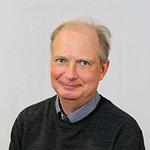
Peter Kamphuis
Docent-onderzoeker
[email protected]Zernikeplein 11, 9747 AS Groningen
Feedback component
How satisfied are you with the information on this page?
